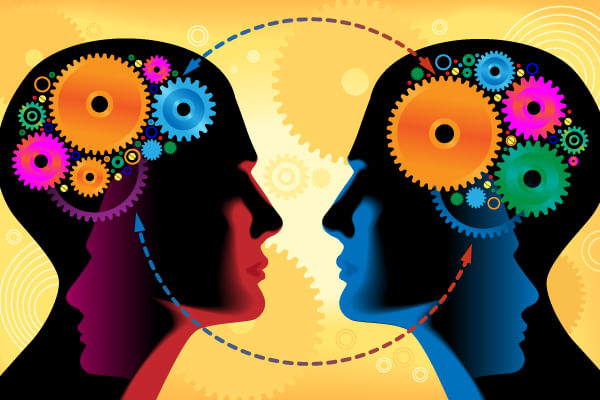Human Sexuality!
Human sexuality is involves biological, erotic, physical, emotional, social, or spiritual feelings and behaviors.
The biological and physical aspects of sexuality largely concern the human reproductive functions, including the human sexual response cycle. Physical and emotional aspects of sexuality include bonds between individuals that is expressed through profound feelings or physical manifestations of love, trust, and care.
Sexuality also affects and is affected by cultural, political, legal, philosophical, moral, ethical, and religious aspectsInterest in sexualactivity typically increases when an individual reaches puberty. Genetic studies work on In the study of human chromosomes in human sexuality,research has shown that "ten percent of the population has chromosomal variations that do not fit into the XX-female and XY-male set of categories"
The study of sexualityalso includes human identity within social groups, sexually transmitted infections (STIs/STDs).
Development-
Genderdifferences[edit]Seealso: Sex differences in psychology § Sexualbehaviorother aspects of humansexuality, such as sexual satisfaction, incidence of oral sex, and attitudes toward homosexuality and masturbation, show little to no observed difference between males and females
Biological and physiological aspects-
Human reproductive system Like other mammals, humans are primarily grouped into either the male or female sex with a small proportion (around 1%) of intersex individuals, for whom sexual classification may not be as clear.The biological aspects of humans' sexuality deal with the reproductive system, the sexual response cycle, and the factors that affect these aspects. They also deal with the influence of biological factors on other aspects of sexuality, such as organic and neurological responses,[20] heredity, hormonal issues, gender issues, and sexual dysfunction.
Brain
The hypothalamus is the most important part of the brain for sexual functioning. This is a small area at the base of the brain consisting of several groups of nerve cell bodies that receives input from the limbic system. Studies have shown that within lab animals, destruction of certain areas of the hypothalamus causes the elimination of sexual behavior.[ The hypothalamus is important because of its relationship to the pituitary gland, which lies beneath it.The pituitary gland secretes hormones that are produced in the hypothalamus and itself. The four important sexual hormones are oxytocin, prolactin, follicle-stimulating hormone, and luteinizing hormone. Oxytocin, sometimes referred to as the "love hormone, is released in both sexes during sexual intercourse when an orgasm is achieved.[ Oxytocin has been suggested as critical to the thoughts and behaviors required to maintain close relationships. The hormone is also released in women when they give birth or are breastfeeding. Both prolactin and oxytocin stimulate milk production in women ] Follicle-stimulating hormone (FSH) is responsible for ovulation in women, which acts by triggering egg maturity; in men it stimulates sperm production. Luteinizing hormone (LH)triggers ovulation, which is the release of a mature egg.



+1.svg)
